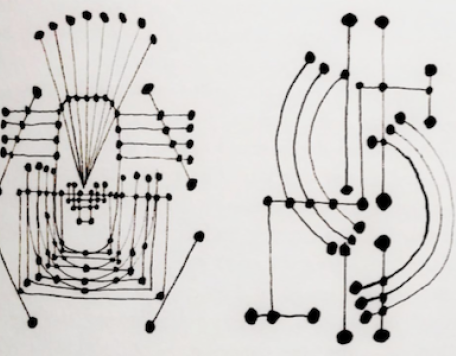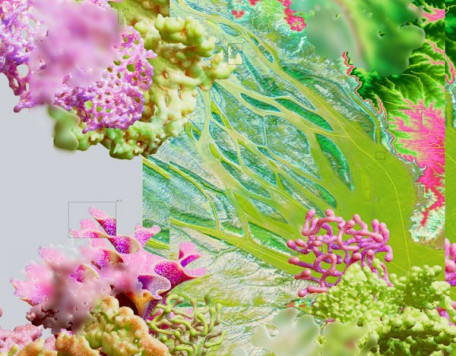© Pint of Science, 2025. All rights reserved.
Personalities make us the people we are, whether it be quiet, loud, funny or dull to name but a few! We all know someone who has the attitude ‘me, me, me’ in addition to knowing individuals who may be quiet and reserved for reasons we are unaware of. On this night, you will hear from two researchers who look into the Psychology of human behaviour, whether this be the personality disorder narcissism, or how children cope with the adversity of warfare. Pint of Science goodies to be won on the night!
Self-loving self-injury: the many guises of narcissism
Dr. Mark Freestone
(Senior Lecturer/MSc Coordinator Centre for Psychiatry. Queen Mary University of London)
We all think we know a narcissist: someone who is so blind to their own faults, and so keen to observe failings in others, that they are difficult to be around, or insufferable to work with. However, the term ‘narcissism’ has many meanings in psychological literature, from the banal to the deeply pathological. I will explore the range of human expressions of narcissism, from the idea of a human need for self-esteem through to psychopathy, and present evidence from studies in epidemiology and forensic psychology that shows why narcissism is such a unique and challenging problem.
Building resilience in young refugees
Dr Kristin Hadfield
(Lecturer in Positive Psychology. Queen Mary University of London. )
Refugees are faced both with traumatic events during war and the challenges of building a new life post-displacement. Many of the 33 million refugee children around the world are able to do remarkably well, even though they have been faced with incredible adversity. Drawing on studies carried out with Syrian refugees in Jordan, I will discuss children’s strength during war and displacement. I will talk about what can be done to build resilience in the lives of young refugees.
Map data © OpenStreetMap contributors.
Other The Griff events
2025-05-21
Art and Physics: Making Art from the Unseeable!
The Griff
Garrod Building, Turner St, London, E1 2AD, United Kingdom
2025-05-20
Art: Fuel for the Body, Mind and Soul
The Griff
Garrod Building, Turner St, London, E1 2AD, United Kingdom



